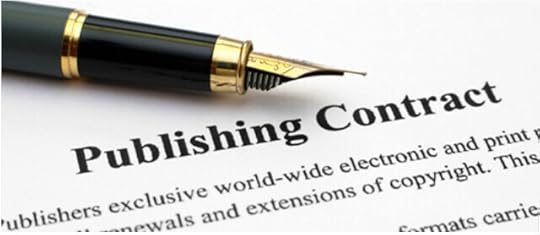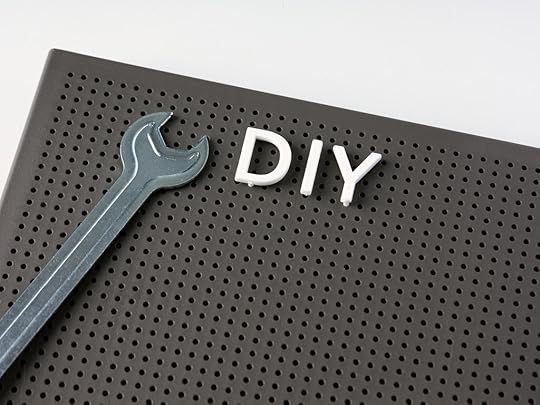Traditional vs Hybrid vs Self Publishing
When it comes to how books came to be, most people have only heard of stories where the author was discovered by chance or that they have toiled away for years before finding a publisher. What they don’t know is that it is called traditional publishing and it is far from the only means of getting a book polished and out into the world nowadays. Interested in knowing more? Here’s what I know as someone who has self published, hybrid published, and queried to be traditionally published:
[toc]Traditional Publishing
The journey of a traditionally published author is a convoluted one filled with blood, sweat, and tears. First, a book must be written and edited (whether by themselves or through hiring editors), which one might think it’s the most difficult part but that’s far from the truth.

Because after that is the process of querying to find an agent to represent you, which can take years alone. If you land one, then it’s still only half the battle because the manuscript, which is what the book is called, has to be revised again before it can be submitted to publishers for consideration. This can also take a year or more, and even when it’s picked up, the author has limited control over the edits and changes they make.
Feeling exhausted just reading this? I did, too.
Self Publishing
An alternative and one commonly found these days in the world of ebook is self-publishing. The phrase is pretty self-explanatory and it’s both a blessing for writers and a curse. While it opens up doors to those whose genres might be outside of publishers’ taste, it also takes away the quality control. But what it does give is letting authors have total control of how their story would be edited. My first trilogy – the Protectors of Earth Chronicles, are self-published, which means I self-funded and find my own contractors for editing and cover design. I was happy with my cover designer but not at all with the edits.

After self-publishing all three books, I took a break because marketing and handling everything myself was exhausting. So when I come across hybrid publishing, I knew instantly that I want to give it a go, too.
Hybrid PublishingHybrid publishing is the middle ground between self and traditional publishing. Also known as vanity press, the publisher has an (likely) in-house team of editors, cover designers, and all the necessary publishing people. Instead of paying the author, they charge a fee to help them publish and let the author retains all the rights and editorial control. With New Degree Press, their connection to Creative Institute, whom I went through to write It’s A Match, they also help you use Indiegogo to raise money to cover the expense!
Which one is better?
My experience with writing and self-publishing means that I know my way around the book creation process and how much work it takes to turn a story from an idea to a manuscript to a polished book. There are pros and cons to each way of publishing, but the main hurdle for most is the high threshold of traditional publishing. That said, I’ll likely pursue a combination of the methods, querying certain manuscripts while considering self or hybrid publishing.
The post Traditional vs Hybrid vs Self Publishing appeared first on Samantha Cheah.



